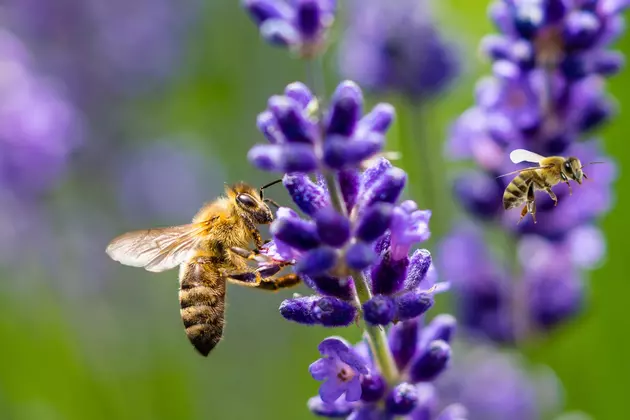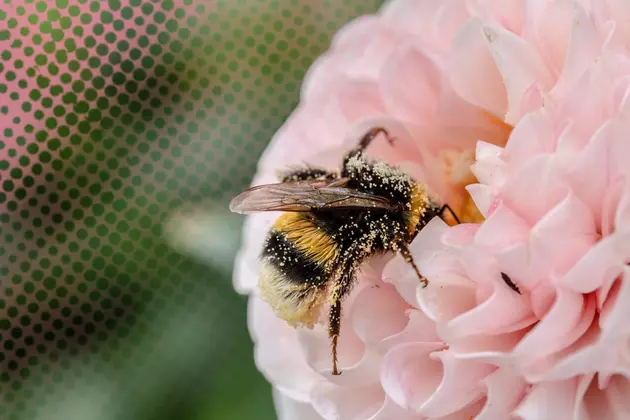The Silent Buzz: Why Are Honey Bees Dying in WA State?
You've probably seen or heard the news about Honeybees dying at an alarming rate in Washington State (and beyond). This is deeply concerning on so many levels. Over the past decade, beekeepers have reported staggering losses up to 30-50% of hives annually.
 Canva
CanvaBees Are Dying Because of Colony Collapse Disorder
What is Colony Collapse Disorder? Otherwise known as CCD, is the term used to describe the fall of the honeybees where the vast majority of worker bees in a hive suddenly disappear, leaving behind the queen, young bees, and stored honey, but no dead bodies.
How weird is that?! Wait, this sounds vaguely familiar, like the workers just check out and go on strike, or the men who go out to buy diapers and never return home...
What Scientists Are Saying About the Mysterious Decline of Honeybees
Scientists believe multiple stressors could be contributing to the decline of the Honeybee.
1. Pesticides: Especially neoicotinoids, which impair bees' memory and navigation, making it impossible for them to return to the hive. Hmmm, sounds a bit like Alzheimers for Bees. Interestingly, humans are also becoming more forgetful and need GPS to navigate the simplest destinations now. Could it be the same pesticides in the air also be affecting humans?
2. Parasites: Varroa mites weaken bees by feeding on their blood and spreading deadly viruses.
3. Poor Nutrition: Nutrition-Monoculture Farming like vast almond fields limits bees' diet, weakening their immune systems.
4. Stress from transport: Commercial beekeepers move hives long distances for pollination, exhausting bees.
5. Climate Change: Unpredictable weather disrupts flowering cycles, leaving bees without food.
Why We Should Care About Honeybees
Some people may think the declining honeybee population in Washington is not something they should be concerned with. Perhaps they aren't big on using honey in their daily lives. Let me give you three reasons why this should be concerning to ALL of us.
1)Bees pollinate 75% of the world's food crops- without them, almonds, apples, blueberries and coffee could become scarce and expensive.
2) Beekeepers face financial ruin, threatening the agriculture industry.
3) Human health also suffers: Fewer bees mean fewer nutrient rich fruits and vegetables, leading to poorer diets.
This could seriously be a food security crisis; we could have a global food shortage! I don't mean to get all "Armageddon" on you, but this is very serious.
Sign up for the 870 AM KFLD Newsletter
Get the best of 870 AM KFLD delivered to your inbox everyday
 Canva
CanvaSo, what can we all do to help?
Banning harmful pesticides could be beneficial. As a side note, be sure that when you use chemicals of any kind in and around your home that you don't let those chemicals get into the ground water. Dumping hazardous materials in unsafe ways contributes to environmental upset.
Planting diverse bee friendly flowers could prove to be beneficial like clover, sunflowers and lavender.
And helping to support local beekeepers by buying raw local honey and organic produce. The Farmers' Markets are a great resource for purchasing local honey.
I think when a species begins to die off like this, it is an indication a bit like the 'Canary in a Coal mine'. Bees cohabitate in our environment and breathe the same air. If they are affected, we also are affected. We are ALL connected.
Do what you can to help! Most of all, be AWARE that everything you do to our planet affects all living things, including us.
Read More: Honeybees Are Dying in Washington: What's the Mystery About? | https://newstalk870.am/ixp/112/p/honey-bees-dying-in-wa-state/?utm_source=tsmclip&utm_medium=referral
댓글
댓글 쓰기